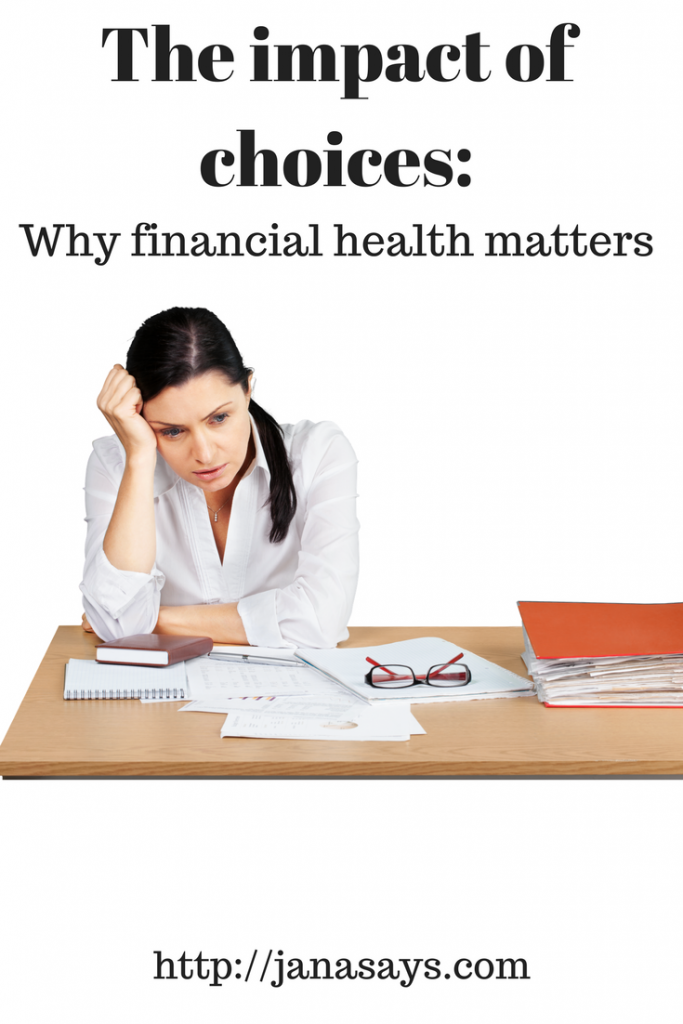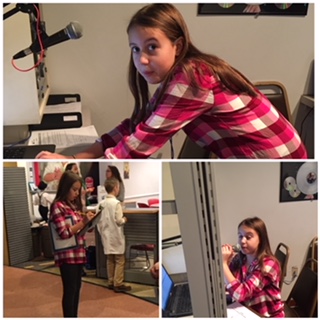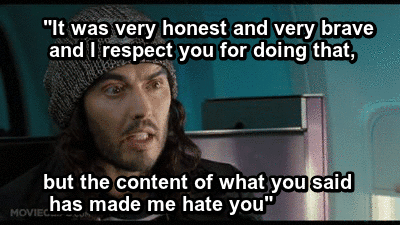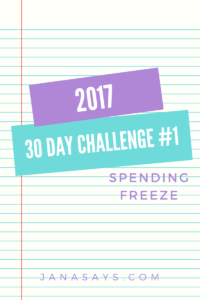Today, in the personal finance world, is Financial Health Matters Day (#finhealthmatters). It’s a day where there the personal finance media and educators all write about or otherwise discuss…well, why financial health matters.
This year has a theme–student financial health–because the state of financial affairs for students is pretty damn awful. From the rising cost of tuition to the mess of student loans and everything in between. And while I think that’s a great idea, and a necessary one to discuss, it’s a hard topic for me because, if I’m being honest, I don’t have student loan issues. In fact, I never have and I realize I’m one of the lucky ones. I finished both college and grad school without any loan debt and I feel like it makes me sound like a gigantic asshole to tell someone how to manage and cope with something I have zero experience managing.
That’s not to say I’ve never dealt with debt; I just haven’t dealt with that particular problem.
Now, I do realize that student financial health has just as much to do with managing day to day finances as it does with student loans. So I guess it’s that part I want to address.

Financial health is both a very vague and very specific term. It essentially means the state of your financial affairs from savings to your monthly budget to your daily expenses to retirement planning to debt and everything in between.
I know. Helpful.
But knowing where your money goes and how you spend it is a crucial part of adulting. There are plenty of resources better than me to teach you how to do that if you’re struggling or just want to get better at it. There are literally hundreds of people who making a living do just that.
I’m not one of them. I’m not qualified in any capacity to teach you that.
But here’s what I am qualified to say: taking stock of your financial health is something you really, really need to do. The reason it’s so crucial is because when you know where you stand financially, you know what your choices and options are. I’m not just talking about what car you can afford or where you can go on vacation (although those are important).
I’m talking about knowing when you can retire or if you can afford to send your kids to college.
Or if you can pay all your bills this month.
Or handle an emergency medical expense. Or any emergency expense.
Or if you can leave a situation, any situation, that makes you unhappy.
Or if you can attend that wedding/graduation/baby shower for out-of-town family.
Or if you can pay off your debt in a reasonable amount of time.
And knowing your financial health doesn’t just impact the big choices. It affects the little choices, too. Choices like being able to afford organic food or cruelty-free makeup products. Being able to stock up when items are on sale. Paying for gadgets or toys or impulse purchases for your kids or pets. Choices like treating yourself to concert tickets or a movie or dinner with friends, guilt-free.
All the things we decide on a daily basis are affected in some way by our money.
Financial health exists on a continuum so if you’re feeling like maybe you have limited options now, or if you’re feeling unhealthy, a few years from now you might feel differently. Life and money aren’t always stagnant. Circumstances change. Your income might fluctuate, you might have a big life event, you might relocate. There are so many variables to consider.
And financial health looks different for everyone. What you consider healthy for you might not look great for me and vice versa. That’s okay. But the common denominator is that we’re all working to do what is best for us now and in the future.
So, if you have a few minutes, pull your credit report. Look at your budget and expenses. Examine your retirement and savings accounts. Know where you and your money stand. Because knowing leads to choices.
And choices are powerful.
P.S. I realize this entire post comes from a place of privilege. There are millions of low-income people who worry about whether or not they can even afford bus fare to get to work or food for their kids. They stress about every penny coming in and going out, and the thought of an overdraft fee is enough to cause a panic attack. In the spirit of honesty, I’ve been there and it fucking sucks. It’s why I can say that having choices makes all the difference. Because when you have no choices, when you feel powerless and that your life and money belong to someone else, you start to feel hopeless. But it doesn’t have to be like that.
If you find yourself in this situation, and you find that much of the advice out there doesn’t apply to you, please feel free to reach out to me. We’ll talk and I’ll try to point you in the right direction.






